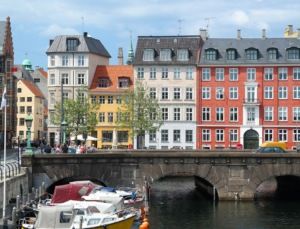News
Denmark one of the “best governed countries in the world” – BBC
This article is more than 7 years old.
Near perfect scores at supplying ‘Basic Human Needs’ the key to their inclusion

A big thumbs up all round (photo: Pixabay)
Denmark has been named one of the six best governed countries in the world by the BBC – alongside New Zealand, Canada, Japan, Chile and Botswana.
The British national broadcaster cited several factors for the six countries’ inclusion on its list of high-functioning societies: progressive social policies, trust in government, minimal corruption, an effective justice system, and a tendency to spearhead educational and medical initiatives.
READ MORE: Denmark tops social justice in the EU
Ahead of its Nordic neighbours
Denmark was listed first, and the BBC was quick to explain why it had been chosen ahead of its Nordic counterparts – perhaps as a means of underlining why they had not been included like they normally are in the top five of such lists.
“Near perfect scores” in the ‘Basic Human Needs’ rankings in the 2017 Social Progress Index was the decisive factor for Denmark – for “meeting the nutritional and medical needs of its citizens and giving access to basic knowledge and communication”.
Some other compliments
Denmark was also applauded for offering a wide range of benefits to residents not born in the country – particularly students.
And hygge also got a mention, as well as the Danes’ friendliness and welcoming nature – although a sizeable portion of the BBC’s analysis was based on the opinion of a German woman who lived in Aarhus for six months.
The BBC based part of its findings on indexes such as the World Justice Project’s Rule of Law Index, the World Bank’s Governance Index, and the Social Progress Index.










































